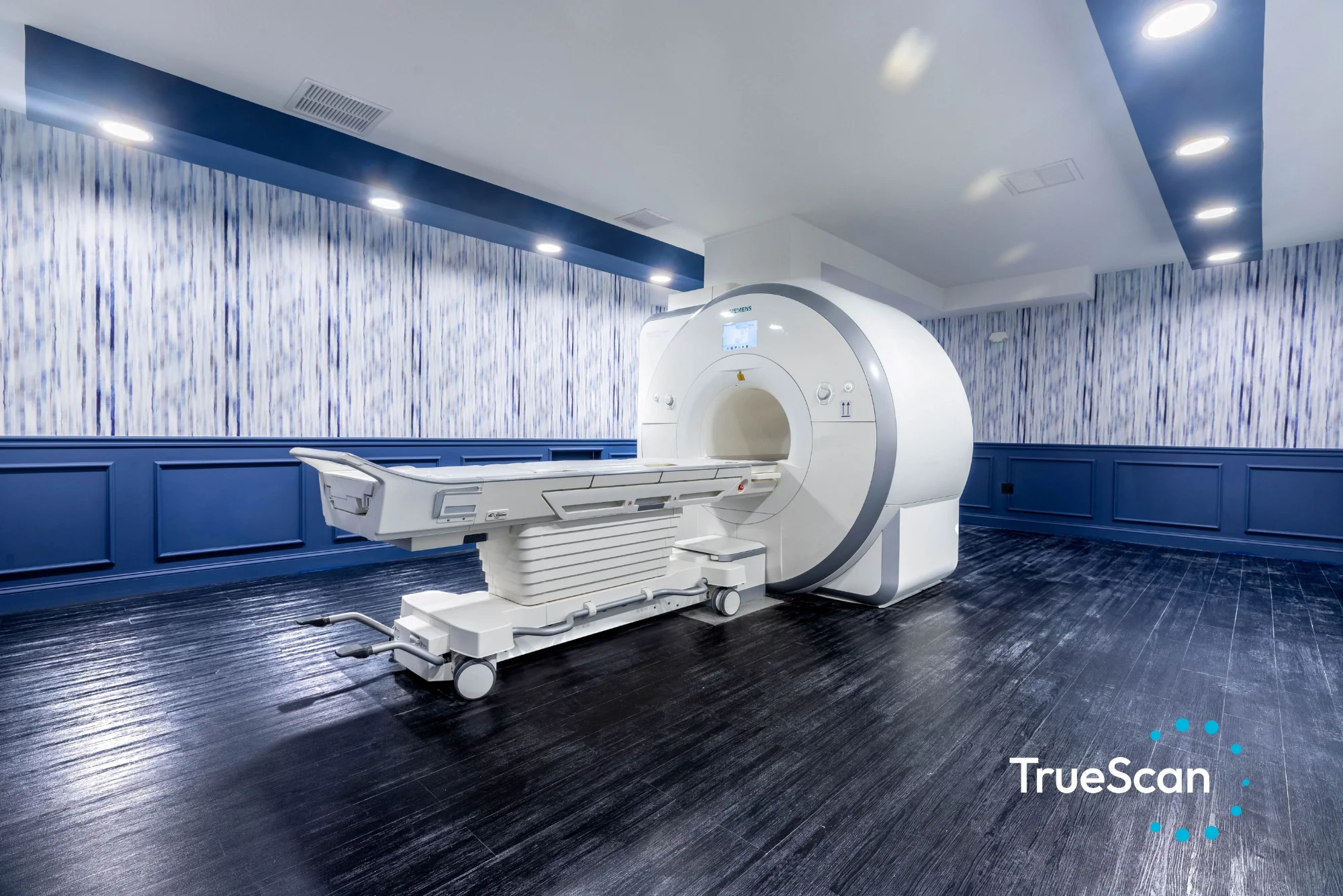
Getting surgery is stressful, and the stress and anxiety that come with surgery (and anesthesia) can not only affect your mind but also your heart and vascular system.
To prevent any heart complications, it’s important to get certain cardiovascular tests and preoperative cardiac clearance so you can go into surgery as worry-free as possible.
But what tests are done for cardiac clearance, and what do they measure?
What Is the Purpose of Cardiovascular Testing for Cardiac Clearance Before Surgery?
If you’ve had surgery before, you may already know it’s important to get a preoperative cardiac clearance. Surgical and anesthetic procedures are physically and emotionally taxing, and it’s crucial to make sure your body will be able to deal with the stress.
Surgery aims to resolve a complication, and we don’t want it to lead to other problems.
Physicians perform tests for cardiac clearance to uncover hidden challenges and understand a patient’s heart health prior to surgery. The tests help avoid surprises from cardiac complications when the patient is on the operating table and following surgery.
Why Are Pre-Surgery Cardiac Tests Important?
Many of us know of someone who suffered a complication or died during or shortly after surgery — maybe even a loved one.
According to a recent study, one in seven high-risk patients develop cardiac complications within a month of major non-cardiac surgery, and one in five within a year. This is why assessing a patient’s risk beforehand is so important — and why preoperative tests for cardiac clearance are crucial.
Consider joint replacement surgery, a complicated procedure, as an example. During the procedure, the surgeon cuts the end of the bones to fit the replacement pieces. The sawing of the bone produces bony “dust” particles that may enter the bloodstream, instigating platelet aggregation or clotting, which could lead to a heart attack or stroke.
The good news is that such fatalities can be prevented. Modern technology gives us a great understanding of the human body, and it’s important to leverage those resources for a healthy life.
What Tests Are Done for Cardiac Clearance?
Physicians perform the following standard tests for all patients before surgery:
- Chest X-ray to detect hidden pneumonia
- Electrocardiogram (EKG) to track heart rate and rhythm
- Complete blood count (CBC) to check for any abnormal blood levels
- Urine test to identify hidden bladder infections
- COVID-19 test to check for the coronavirus (as of 2020)
But when a patient has a high risk for cardiovascular diseases or has a complicated health history, basic tests aren’t enough to understand the heart’s condition. We recommend certain advanced cardiovascular testing to get a better picture of each patient’s heart health. These tests include:
Coronary Computed Tomography Angiography (CCTA)
A CCTA is performed to detect plaque or coronary vascular disease. Surgical procedures stir up sticky platelets in the blood. If a patient has a large, soft plaque in their artery, these platelets can stick to it and clog the blood vessel with a blood clot. A CCTA helps identify patients with dangerous or vulnerable coronary artery plaque.
At Griffin Concierge Medical, we perform CCTAs for our male members over 40 and female members over 50 as a part of our normal protocol — earlier if there are risk factors or a strong family history.
Echocardiogram
We order echocardiograms for patients with a history of heart disease. An echocardiogram primarily detects how well the heart is squeezing, also known as the ejection fraction (EF). A low EF can indicate a weakened heart, which surgery could worsen. The echocardiogram also checks for stiff or leaky valves.
If your last echocardiogram took place more than 12 months prior to your scheduled surgery, it’s important to get this test done again.
Ambulatory Patch Heart Monitor
One of the major causes behind stroke is atrial fibrillation (AFib). AFib is a type of arrhythmia, a condition in which the heartbeat is too fast, too slow, or irregular. It occurs when the upper and lower chambers of the heart aren’t in sync while beating.
AFib can be challenging to diagnose because the arrhythmia may come and go. Often, it’s brought about by stress on the heart muscle and untreated conditions like sleep apnea. AFib can lead to blood clots that form within the atrium of the heart, and when the heart returns to a normal rhythm, the clots can dislodge and enter the bloodstream, go to the brain, and result in a stroke.
Thankfully, heart patch monitors exist that can detect AFib. These patches are different from an EKG. An EKG studies heart palpitations or rapid beats for a brief period, while heart patch monitors track the rate and rhythm of the heart for up to two weeks. Heart patches are especially important when a patient has a history of palpitations.
Heart patch monitors are easy to use and apply. They attach to the chest to detect hidden arrhythmias. We can place them for you in the office, and they can be returned or mailed in with ease. Our out-of-town members can have the patches shipped to them for self administration.
The data from heart patch monitors can be lifesaving. It can help predict (and avoid) strokes and heart attacks. If you think you may have silent palpitations or arrhythmia, getting this test before surgery is crucial.
Key Takeaways
The lead-up to a surgery is full of hassles like booking appointments, checking your insurance, talking to physicians, and calling family members. During this hassle, just make sure you don’t skip the most important step — getting your tests for cardiac clearance.
Whether it’s you or your loved ones undergoing a procedure, consult your physician to ensure that the right tests are performed at the right time.





